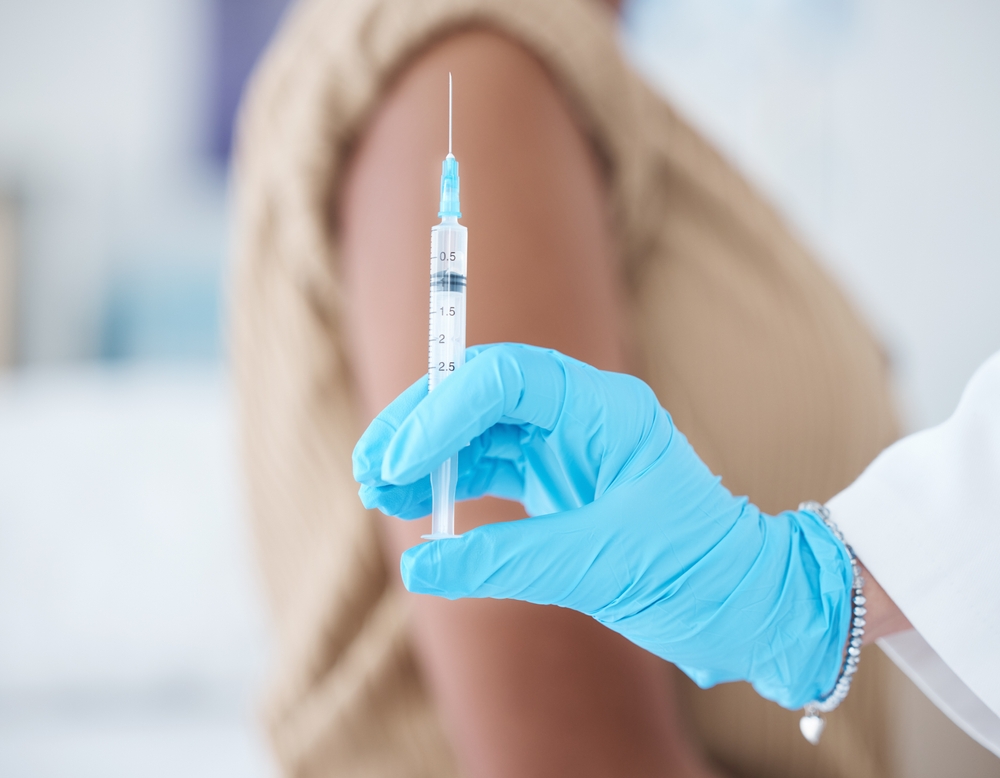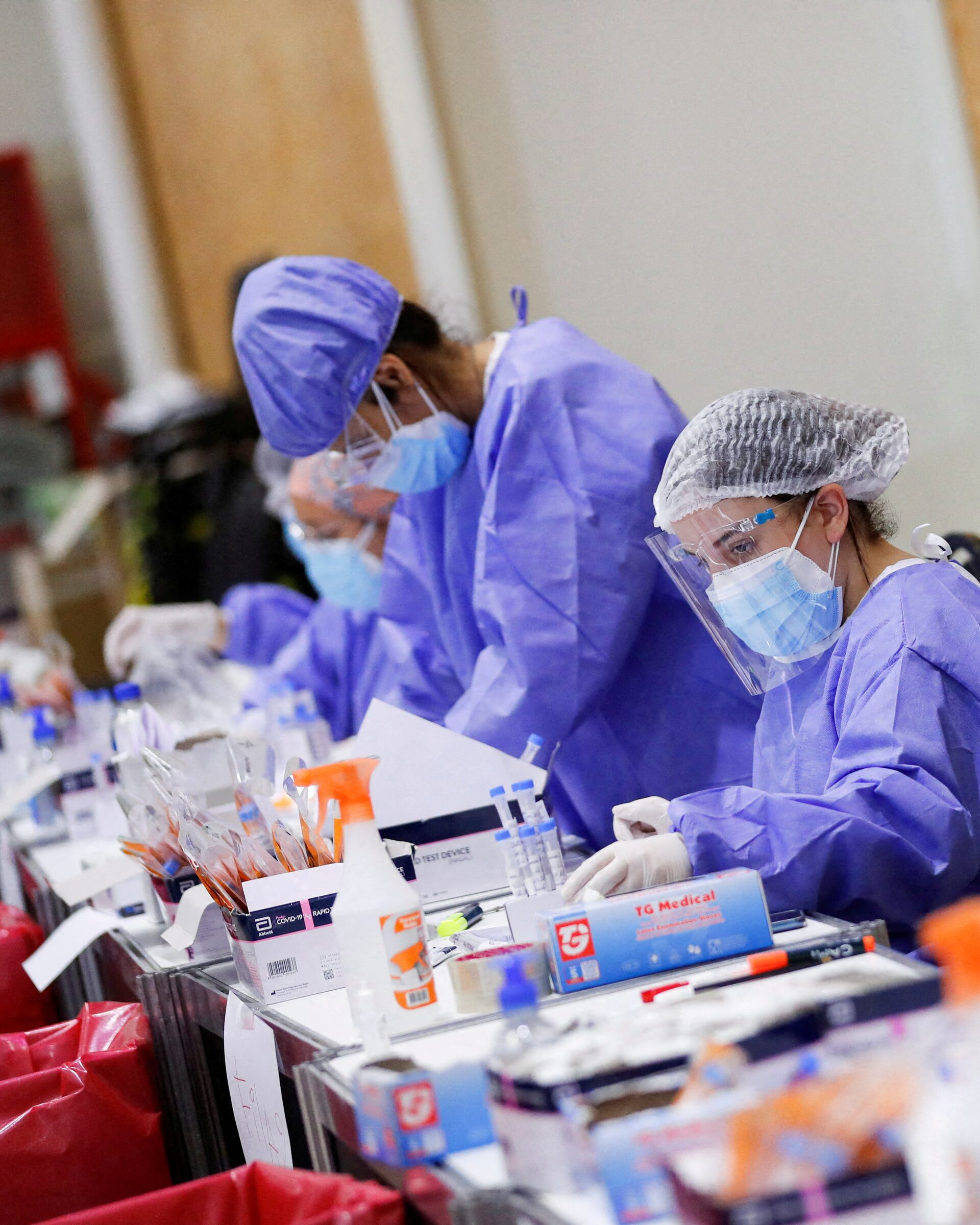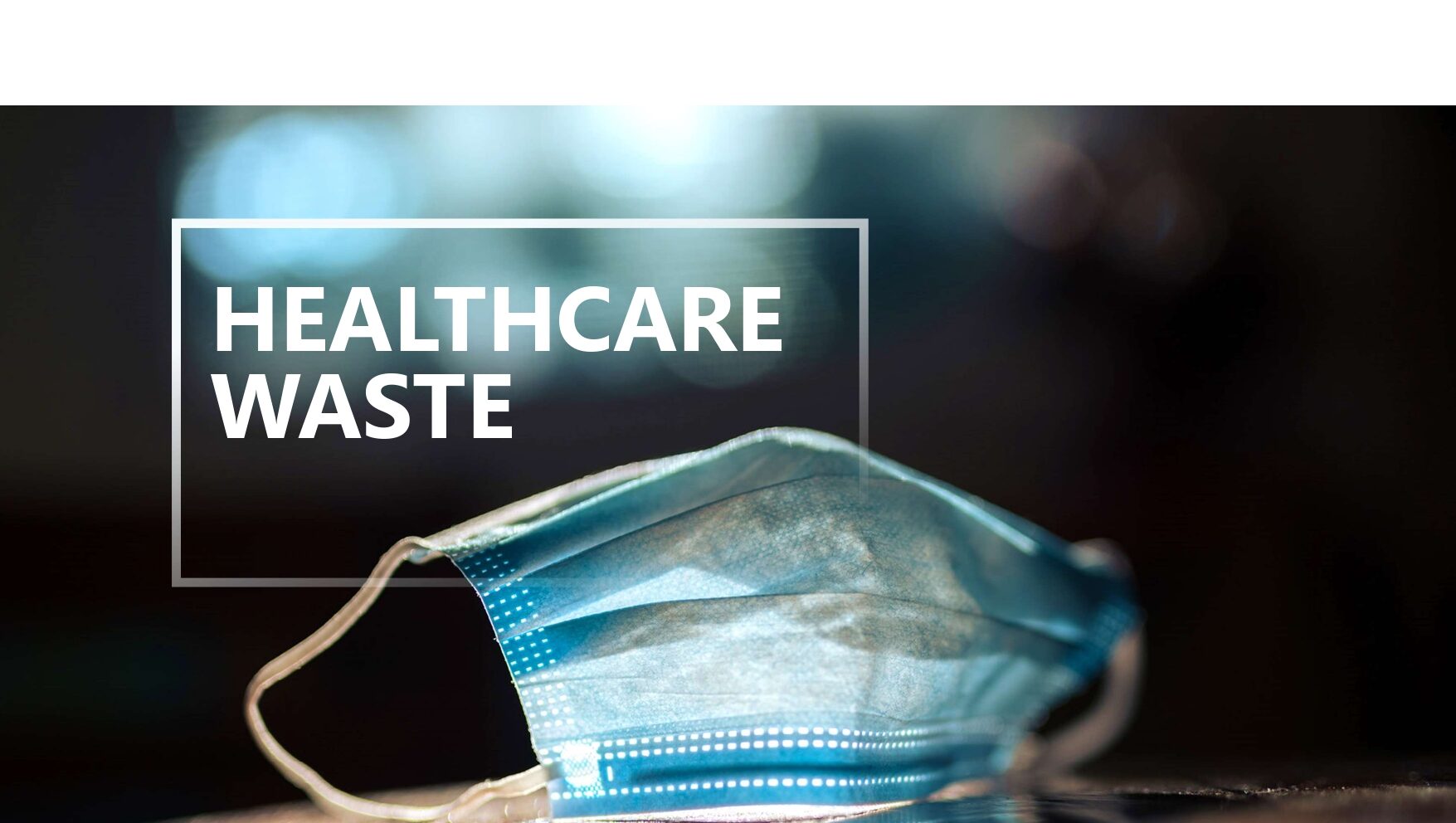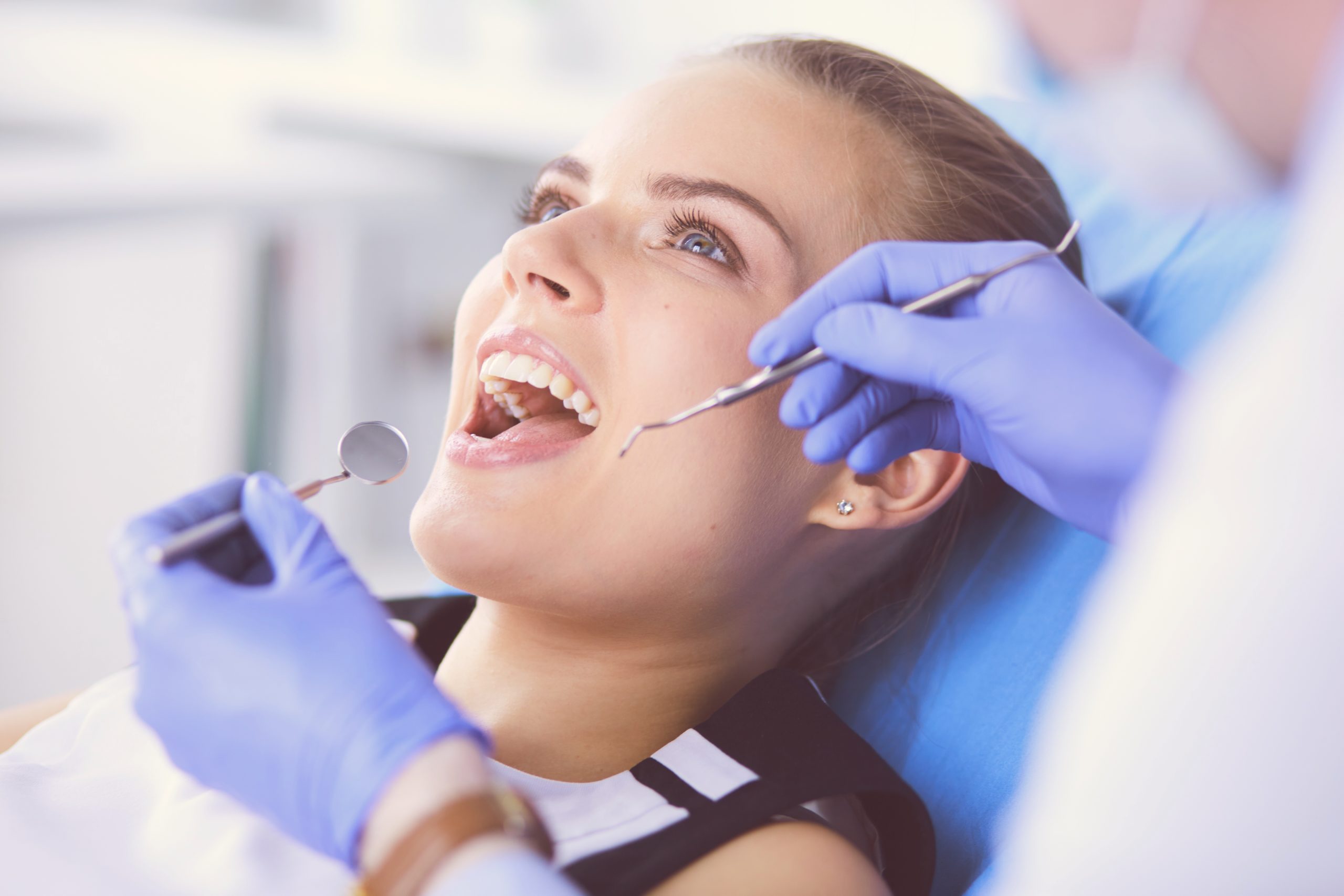Secure Waste is dedicated to providing valuable insights on safely managing sharps needle containers.
The improper disposal of sharp objects and needles presents significant risks to patients, healthcare professionals, the environment, and those involved in biomedical waste management, including waste disposal personnel.
To reduce these dangers and promote the safety of your staff and the wider community, please take a look at the following essential tips for properly disposing of sharps containers.
When disposing of sharps, it is imperative to utilize a container that meets OSHA and DOT approval standards whenever possible.
These specialized sharps disposal containers are designed to safely contain hazardous materials, protecting healthcare workers and the environment. Most biomedical waste management companies offer these containers, providing an essential resource for your healthcare practice.
However, if professional medical waste management services are unavailable or you cannot access proper sharps containers, a heavy-duty plastic household container can be a temporary alternative.
Options like a liquid laundry detergent bottle can effectively hold sharp objects—ensure that it is securely closed and clearly labeled to prevent accidents. Remember, safety should always be your top priority when managing sharps waste.
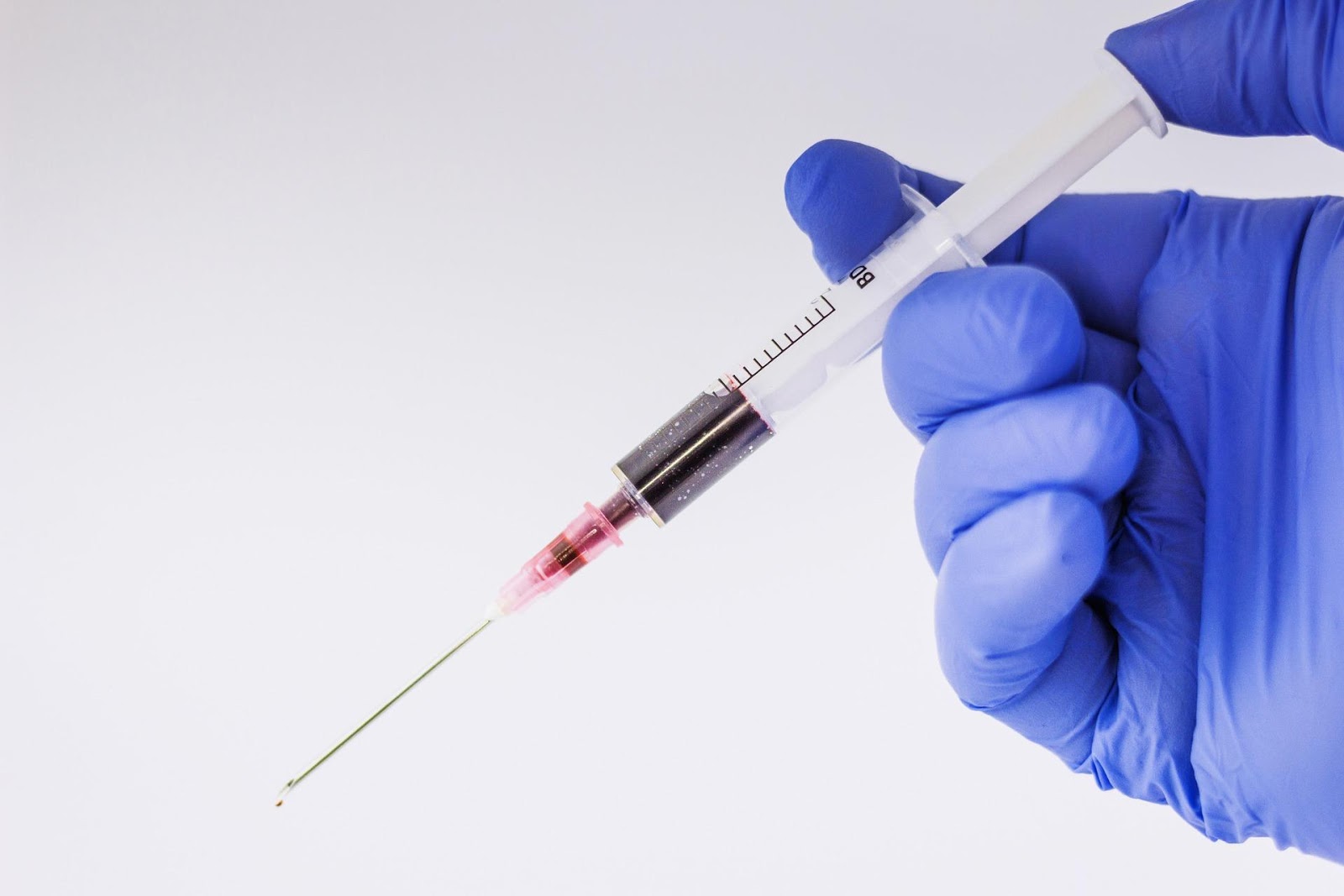
Expert Tips & Tricks For Handling Sharps
- Please do not use an alternative container without clearly labeling its contents on the side.
- Always ensure that sharp needles are sealed in disposal containers and labeled correctly. You should also check state guidelines or consult your biomedical disposal company on appropriate disposal methods.
- Do not place your sharps containers, needle boxes, or other sharps in the recycling bin. They are not recyclable and could accidentally cut or prick someone.
- Always ensure compliance with EPA, DOT, and OSHA regulations regarding medical sharps and the guidelines established by state and local agencies.
- Do not dispose of needles or other sharp items in the garbage disposal or toilet.
- Always promptly place used needles and other sharp items in an approved disposal container. This critical step significantly lowers the chances of needle sticks, punctures, and cuts from loose sharps. Let’s stay safe together!
- Do not throw loose needles, uncapped syringes, or other sharps into the street, environment, or even the regular trash.
Suppose you use sharps at home, like needles for diabetes management. In that case, you’ll need to contact your local public health department and trash collection services to ask about available sharps disposal programs in your city or county.
Need Help With Local Sharps Disposal Near You For Home Health Disposal?
Also, could you discuss options with your healthcare provider regarding where to obtain an approved disposal container? Many healthcare providers can also assist you in safely disposing of your needles and other sharps, often at no cost.
Do avoid bending, breaking, removing, or recapping needles that have been used by someone else. Doing so can result in needle sticks, which expose you to bloodborne pathogens.
Additionally, do not try to remove a needle without using an appropriate needle disposal tool, as the needle could break off and cause injury to someone else.
Always keep all sharp needles and sharps disposal containers out of the reach of children and pets. Please report any problems associated with sharps or their containers, and consistently report any needle sticks to the authorities.
In conclusion, now that you know how to dispose of used sharps, don’t hesitate to contact Secure Waste.
We provide reliable, compliant, eco-friendly medical waste disposal solutions for your facility’s needs. We have expertise in biomedical, hazardous waste, and Sharps container disposal. In addition, we provide customized waste management plans, including secure collection and transport and sustainable disposal practices.
Contact us today for a FREE Waste Assessment, or request a quote online!
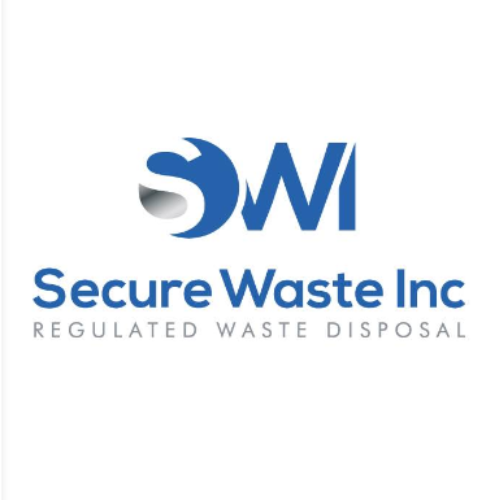
Expert Medical Waste Management: With over 25 years of industry experience, Secure Waste is a trusted local leader in hazardous and biohazardous waste disposal across Maryland, Virginia, and Washington, D.C. Specializing in medical waste management, sharps needle disposal, and biohazard waste removal, the company ensures full compliance with federal, state, and local regulations while prioritizing environmental sustainability.
The company also offers additional services, including secure document shredding and sharps container sales, providing comprehensive solutions for healthcare facilities and businesses. Our cost-effective services help clients maintain regulatory compliance without unexpected costs.
With a commitment to customer satisfaction, Secure Waste offers tailored waste management plans that align with industry best practices. Their team of experts provides reliable, timely, and compliant services, making them the preferred choice for medical waste disposal. For a free waste quote or more information, visit www.securewaste.net
